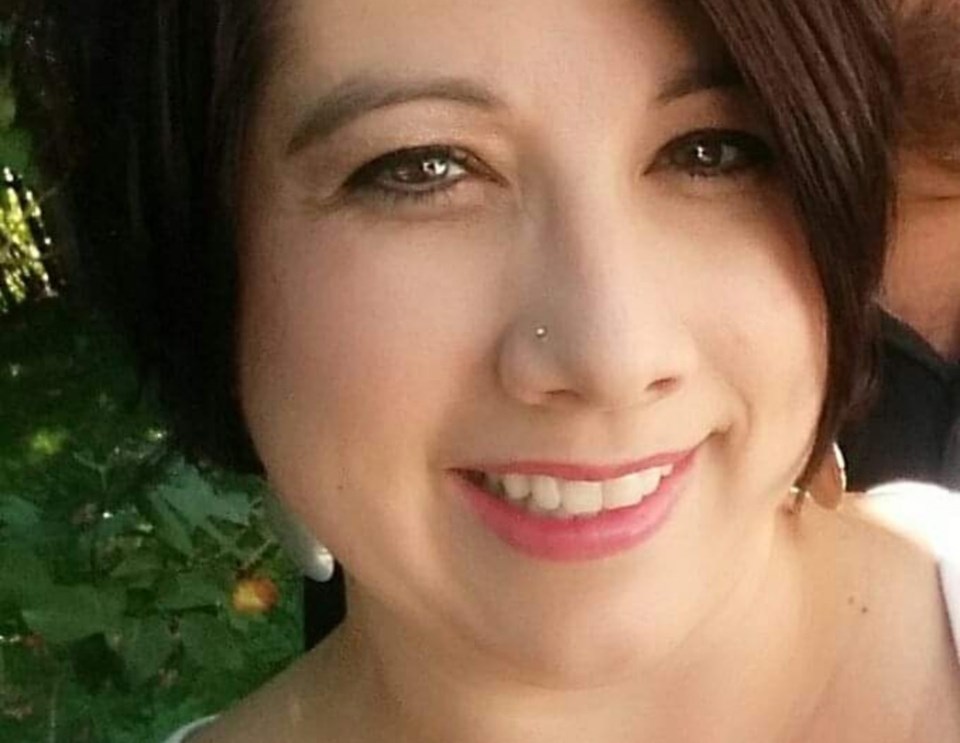Lisa Whalen first started volunteering with Victim Services of Algoma back in 1995 when she was pregnant with her first son.
“I was looking for somewhere to volunteer my time,” she says, “and help give back to the community.”
For the last 24 years, as both a volunteer and Team Leader, Whalen has responded to countless calls for assistance, and has provided comfort to people in their darkest moments.
“I think I’m just a natural caregiver,” she says. “My full-time job is in education, and I think I take after my mom in wanting to support and be there for people when they need it the most. Everyone needs that.”
The non-profit organization provides free support services for victims of crime or tragic circumstances in the Sault, East Algoma (to Elliot Lake) and stretching north nearly to Wawa.
“We respond to everything from [victims of] break & enters and motor vehicle collisions to domestic disputes or sudden death incidents,” says Whalen. “We provide emotional support and practical assistance during that vulnerable time directly after an event occurs.”
“We currently have a staff of three, so our volunteers are essential to us when it comes to attending these calls,” adds Dalaina Orr, a Volunteer Coordinator/Victim Services Worker at VSA.
“We currently have 29 volunteers here in the Sault region, and we have 12 volunteers for our eastern Algoma region. We provide 24/7 coverage for our police services within Algoma. Lisa and our other Team Leaders, not only supervise volunteers after hours but also continue to volunteer themselves. Their experience is essential to help guide our volunteer teams and also when attending our more serious calls.”
Often, police, fire departments & hospital emergency services will contact Victim Services of Algoma, but individuals can also self-refer.
Volunteers are sent out as pairs, and as a Team Leader, Whalen tries to match experienced volunteers with the newer ones. They receive ongoing and updated training to navigate diverse and challenging situations, and Team Leaders like Whalen strive to coordinate immediate after-care support. “We try to arrive within 30 minutes,” she explains.
“If someone gets a death notification, or they're involved in a domestic dispute, we might stay with the victim while they make their statement, and provide emotional support. We might provide transportation, make phone calls, make coffee or just be there to listen.”
“Even elderly people having their homes broken into; it can be so traumatic for people,” she explains. “Just that invasion of your privacy, when things that mean so much to you have been taken; sometimes people just want to vent about that.”
In those instances, Whalen and her team will either call the victim, or check on them in person. “I’m there to listen; they just want to talk about how they feel.”
The organization will follow-up with victims and connect them with additional community resources (when applicable) to help them heal after a traumatic event. For those in abusive relationships, they can aid in putting together an escape plan (including securing financial assistance). Whalen gets a lot of calls in the aftermath of intimate partner violence, as well as calls after suicide, and because we are on the trans-Canada highway, “there’s lots of motor vehicle collisions,” she says. Those ones stick out in her mind -- the sudden fatalities -- she often wonders how the families are coping afterwards.
“I’ve sat with moms who’ve lost children; it’s probably the most unimaginable pain they’ve ever experienced. I think that those stages of grief -- at those times, they might not be hearing. They just need someone there,” she says.
“I had a call; it was a drowning,” she remembers. “I knew the family, and they said they felt like I was the right person to be there. People want to be heard; they want to be understood and know they’re not alone.”
Whalen admits that while it’s painful to see people hurting, she’s learned to put her own feelings in check and spring into action: from assisting a bereaved spouse with final arrangements, to helping the victim notify other family members. “Sometimes you need someone outside of the situation, someone impartial… that helps.”
Occasionally, victims will call or send thank-you notes to the VSA office after the fact, because they’re so appreciative of the help they received.
Whalen has seen plenty of evidence of a community that rallies around one another in times of need.
“We’ve seen it happen with tragedies. There are people who care, people who have been in their shoes and can help them get through.”
Whalen doesn’t think what she does is unique; and she strongly encourages others to volunteer if they feel a pull. “Honestly, if you’re generally a kind, giving person who can listen; and how can remain calm in some of those stressful situations, I think you would be great at this.”
“I can’t imagine not doing it. I can’t. The thought of someone going through something so terrible and not having someone with them is heartbreaking to me. So if I can be that person for someone, or if I can encourage other people to volunteer, that’s all that matters.”
